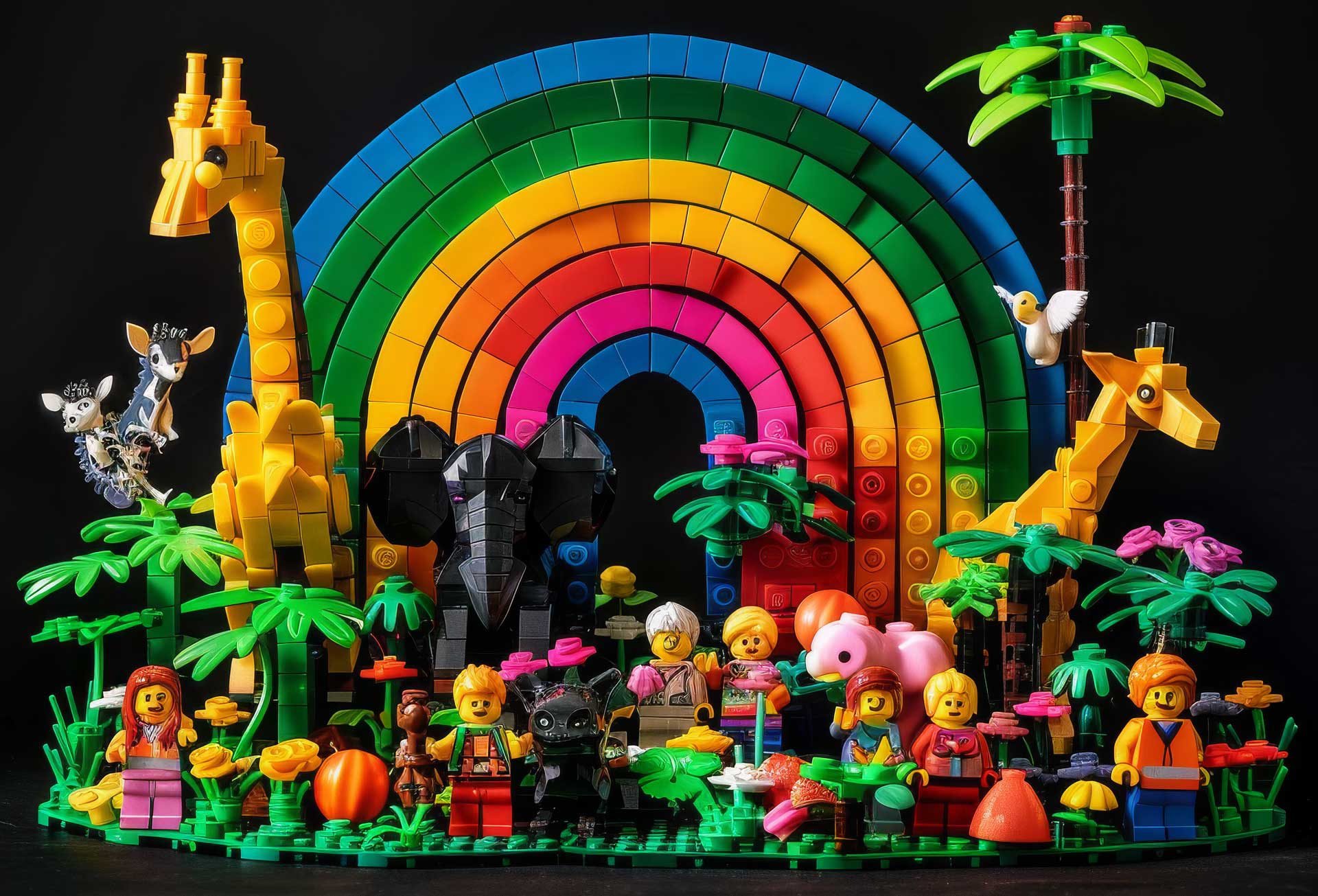
How we're using AI in 2025: a snapshot in time
Written by Kat
We're constantly looking for ways to work smarter, not harder. Over the past months and years, AI has quietly woven itself into both our professional and personal lives in ways that would have seemed like science fiction just a few years ago.
As I write this post (yes, with AI assistance), I'll be curious to look back in six months or a year and see how our usage evolves. At the moment, we are both using Claude from Anthropic the most, but AI is popping up all over the place, such as Gemini in Google, so there may be other models that I'm using without being aware of it.
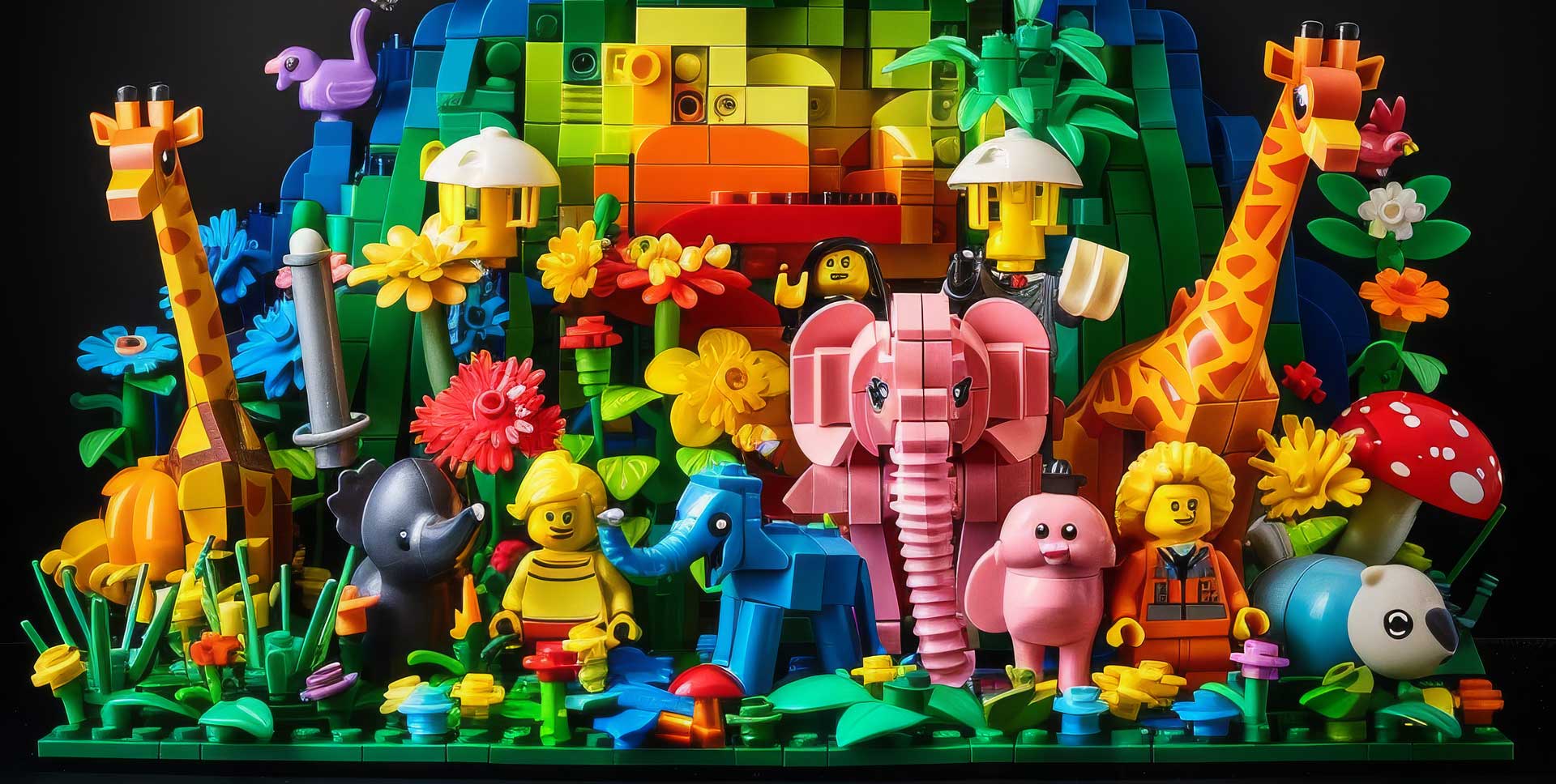
Claude, employee of the month
We are a team of just two people, and there are only so many work hours in a day. Any assistance with using new technologies, problem-solving or just writing a whole load of code is extremely welcome.
Problem solving. Back in the day, I would have spent hours trawling through Stack Overflow answers, GitHub error reports, and, before it went behind a wall, Experts Exchange forums to find a problem that matched the one I was having - and hopefully a solution that worked. Or worse, trawling through outdated documentation (looking at you, Google) or blindly guessing how to use an API without any documentation (thank you, Facebook). AI has transformed this from an all-day rabbit hole into a 2-minute conversation. I can describe my specific circumstances, share code, work out the issue and move on. It isn't right 100% of the time, but very often talking through the problem with someone else is enough for me to figure out a solution myself.
Building tools. I've been able to create scripts that I'd never considered in languages I've never used before. With AI assistance, I've built quick tools for small jobs, for example, scripts to scan folders to look for missing files or to report features used across all our websites, and larger, more complex tasks such as scanning entire websites for broken links and orphaned files. The quick tools are the most successful, often replacing a time-consuming task I would previously have done manually. The more complicated projects can be a mixed bag. We've built tools that achieve a lot, but getting them to work exactly as we want has sent us down coding rabbit-holes that we eventually had to pull the plug on. Debugging something you didn't create, written in a format unfamiliar to you and which may never have worked correctly is near impossible.
Artwork libraries. Previously, we would have bought a series of matching or sympathetic images from libraries to use on websites (or found something that would do the job on Pixabay or Unsplash). Now we can create banks of images with the right content, tone and colours to match the branding and style of a website. One example is Melhoria, which offers school improvement services. We wanted pictures of children learning in school settings; generating images with AI avoided any personal identification issues and allowed us to create images that matched the colour palette of the website.
Chatbots. We are starting to integrate AI chatbots into websites as an alternative to using a keyword search, site map or regular navigation to find information. This feels more friendly and can be more intuitive for visitors.
I want to acknowledge that the uses above touch on some of the currently ongoing issues of generative AI:
- Code assistance would not be possible without the original source material (forums, bug reports, etc.) that the AI was trained on. Not only does this not acknowledge the contributions of those individuals, but people are presumably using those collaborative websites less and less.
- Artwork created by AI probably results from the involuntary contributions of unrecognised human creators and almost certainly takes work away from commercial illustrators, designers and photographers, although those people are also benefiting from these tools.
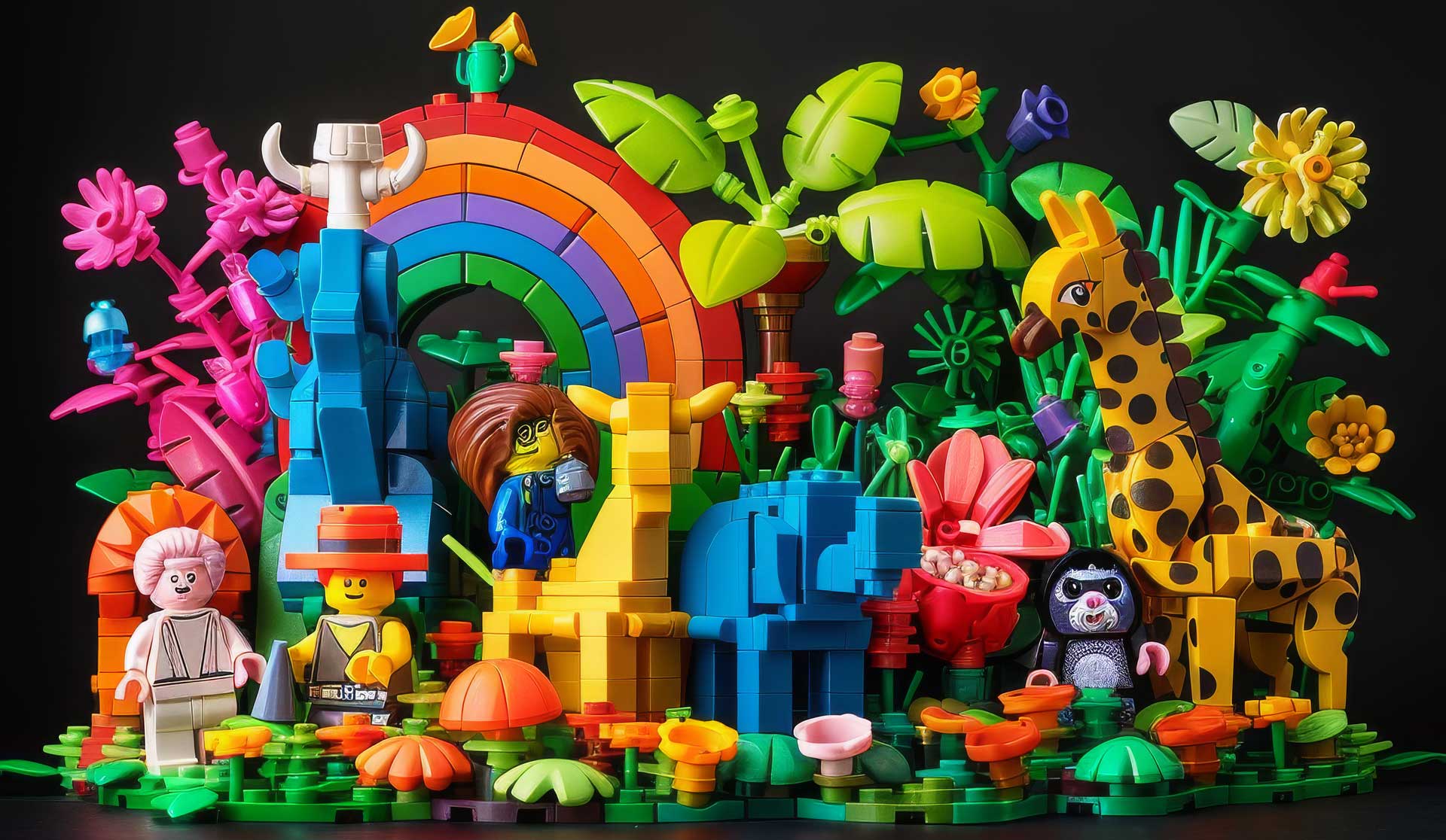
The personal side of AI
Beyond work, what's interesting is how AI has become part of day-to-day living:
Travel. We were planning a trip to Barcelona and wanted to avoid Airbnb and Booking.com, not only because of their questionable monopoly and overwhelming choice, but also because it feels the options offered are either paying a lot to be promoted or ticking the right boxes for the algorithm. We looked for boutique hotel recommendations and found some hidden gems that could be booked directly, plus alternative platforms we'd not come across before. We'll report back on whether the choice we made was a good one!
Restaurants: For my recent birthday, I wanted to go somewhere special and different. We know lots of restaurants in Valencia, but AI found a place we'd never been to before that fitted my preferences, dietary requirements, and the kind of atmosphere we were after. Can confirm, it was a great recommendation.
Trivia: We go to a weekly pub quiz, and the first challenge before the quiz begins is coming up with a team name to fit that week's theme. AI unfailingly offers us a list of awful suggestions which are no better than the ideas we come up with.
Playtime: We have built several apps for fun, just for ourselves, such as our Museum, Fresca and Five. I'm currently working on an app to learn and study geography (fun!) AI has helped me get hold of datasets (such as flags and border coordinates) and present them in new, interactive ways. Not only are these kinds of projects personally rewarding, they always end up being useful for clients' websites.
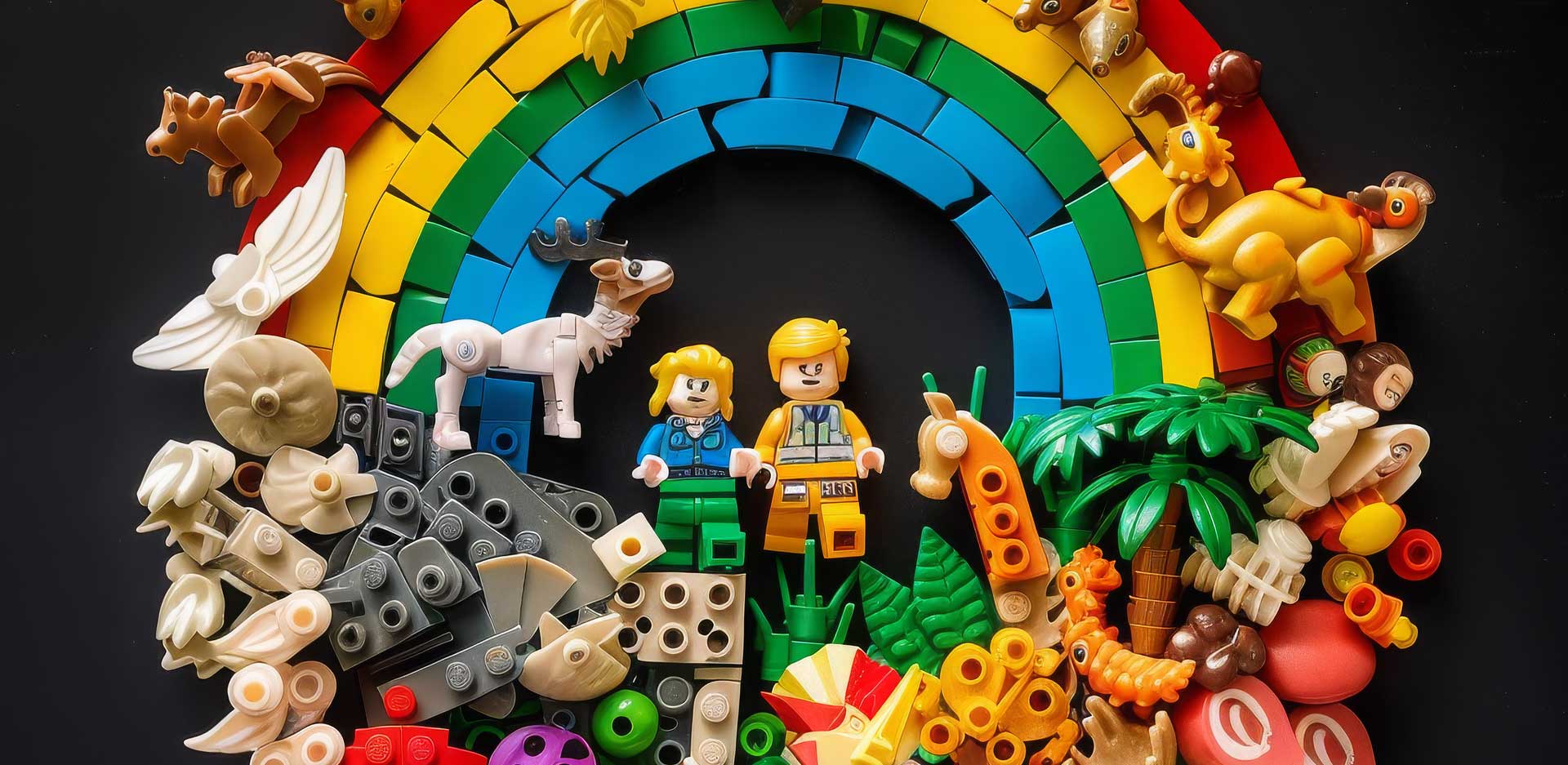
Invisible integration
I'm aware that I'm using AI when I type a question into Claude, but it's also popping up in the regular tools I use. Gemini summaries now appear at the top of many Google searches, making information gathering feel more conversational and immediate. Grammarly uses AI to spot typos and suggest rewrites, and it's behind the suggested email replies and sentence completion in Gmail. We often don't even think about this as "using AI" - it's just become part of how information works.
There is talk of how this could kill or at least drastically change the web as we currently know it. Organic search results are being increasingly buried below map pins, paid adverts and now the AI summary. Many websites have been designed and optimised to work with traditional indexing (ever visited a recipe page and had to scroll for ages to find the recipe itself?) Without the rewards of adding content, websites might stop providing it. One of the reasons for writing this blog is to give more relevant content for Google to index and hopefully rate our website; if that's no longer the metric for a good website, why bother?
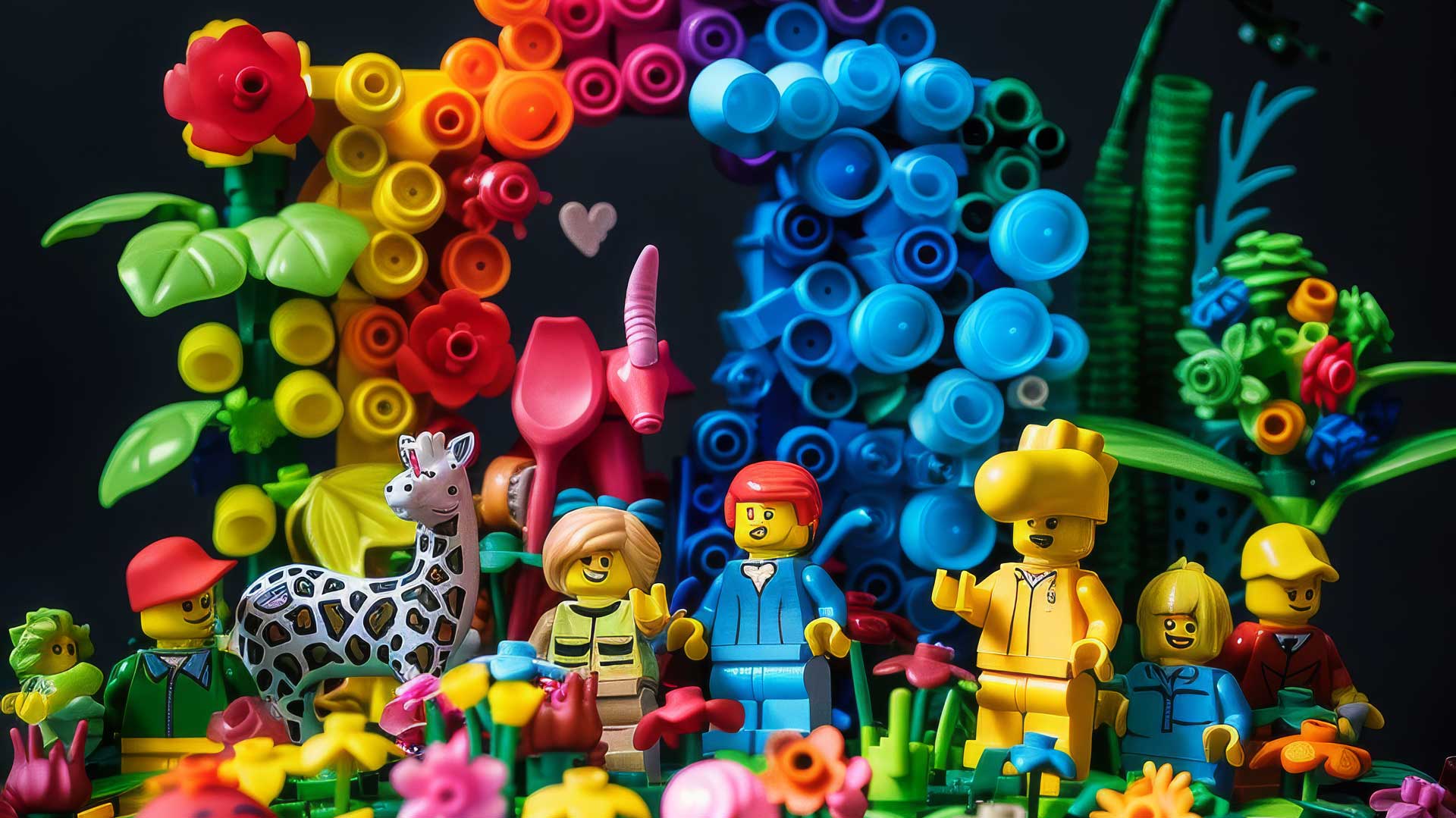
Nothing to see here
What strikes me is how quickly this has all become... normal. We're not using AI for everything (yet), but when we do use it, it feels natural and integrated rather than like we're operating some futuristic technology.
All the sci-fi tropes about self-awareness and world domination don't match my day-to-day experience of AI. The plot of this year's Mission Impossible film about a single AI called The Entity really jarred; that's just not how AI feels for me. There are certainly issues to be concerned about: deep fakes, the knowledge pipeline crisis, mass unemployment, losing our ability to create without AI, not to mention the fundamental ethical issues of how our current models have been trained and what nefarious uses they are being put to. But right now, robot overlords don't feel like they're around the corner - or at least if they are, they are very friendly and pleasant to talk to.
I wonder what will surprise me when I read this post next year.
Your turn
We're curious about how others are integrating AI into their work and personal lives. Are you finding it useful for similar tasks, or have you discovered applications we haven't thought of? Is it saving you time, and what's been your most surprising or useful discovery?
Tagged under: Hot topics AI